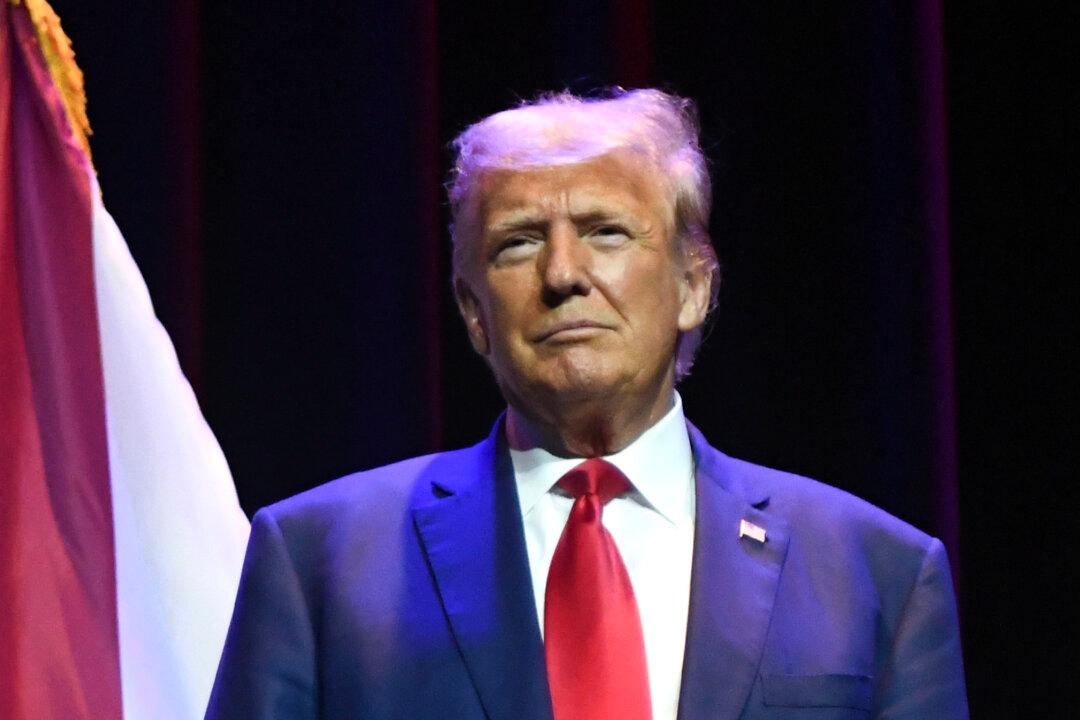The legal team of former President Donald Trump appears to be testing the judge presiding over the case involving his effort to reverse the results of the 2020 election.
On Aug. 7, District Judge Tanya Chutkan ordered the prosecutors and the defendant to offer her two dates for a hearing on a gag order the prosecutors have asked for. She wanted the hearing on or before Aug. 11, but President Trump asked for Aug. 14 or 15 so he can have both his lawyers present, citing a scheduling conflict with the case he’s battling in Florida (pdf).





